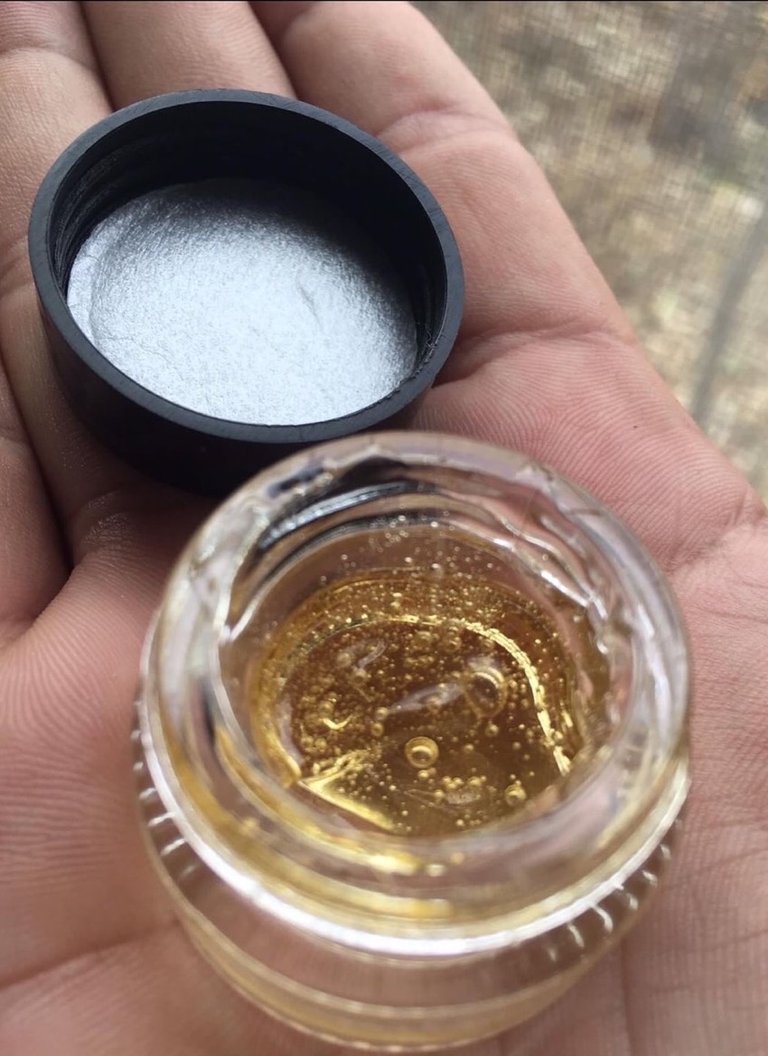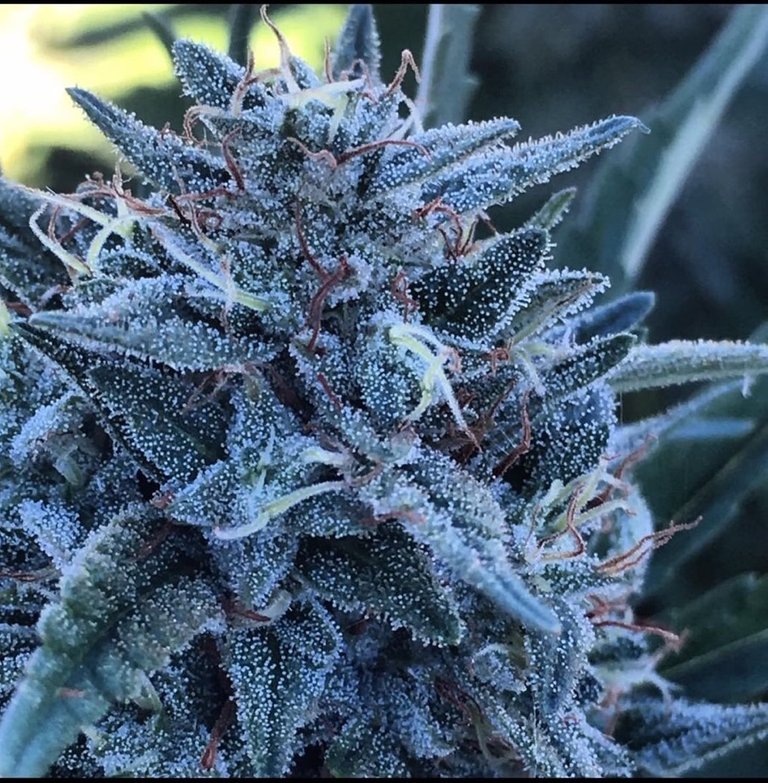In late February, the Food and Drug Administration’s (“FDA”) recently-appointed commissioner, Dr. Stephen Hahn, recognized the growing consumer demand for CBD products. “People are using these [CBD] products,” Hahn stated in his first public speech regarding CBD since his tenure began December. “We are not going to be able to say you can’t use these products. It’s a fool’s game to try to even approach that.”
Hahn's announcement may provide reassuring news for industry stakeholders currently marketing and labeling CBD products in the legal gray area between the 2018 Farm Bill’s de-scheduling of hemp-derived extracts and FDA de facto prohibition on CBD consumer products. Not only has the fledgling market been without proper guidance, but industry participants have been penalized for the claims they have made about their products.
 CBD Extract
CBD ExtractLast November, the FDA issued warning letters to roughly fifteen CBD businesses, stating that their product label claims violated FDA guidelines. The warning letters cited unsubstantiated health claims, marketing products for children, using CBD as an ingredient in foods and beverages, and marketing CBD as a dietary supplement among other grievances. Including very little new information, the notices primarily emphasize that the FDA considers all consumer CBD products to be illegal. The astounding popularity of CBD and CBD products with American consumers, however, only attests to the fact that the FDA policy of total prohibition has failed its mandate in protecting the health of US citizens given the substance's widespread adoption.
At some measure, the FDA seems to have acknowledged consumer demand by engaging in the Generally Recognized as Safe (“GRAS”) process, but after reviewing industry research, conducting a public hearing, and allowing for a comment period on the matter, the agency still maintains it has not seen enough scientific data grant CBD GRAS status. Hahn himself noted the need to be open to the fact that there may be value in CBD products but wants to be able to provide the American public with “information to make the right decisions” before issuing GRAS or regulations.
 Cannabinoid Rich Hemp Cultivar
Cannabinoid Rich Hemp CultivarAt this time, the industry must wait until the FDA feels comfortable setting guidelines for CBD, try not to attract attention to themselves, and try to make use of what little guidance has been issued. On one hand, some considerations must be made for FDA’s pace on CBD's regulation - no substance has ever gone from Schedule I classification to mass adoption. That said, considering the far more dangerous products that have received FDA-approval over CBD, the agency's slow-moving approach is infuriating.
In another promising move for the industry, FDA has requested an additional $5 million dollars in the 2021 budget to be devoted to the regulation of cannabis-derived products such as CBD. The budget request states:
“This new funding will enable FDA to continue regulating the usage of cannabis-derived substances, such as cannabidiol (CBD), in FDA-regulated products such as dietary supplements and when used as unapproved food and feed additives. The initiative will support regulatory activities, including developing policy, and continue to perform its existing regulatory responsibilities including review of product applications, inspections, enforcement, and targeted research.”
The budget request, which is not finalized, brings a glimmer of hope that the FDA will consider the urgency from industry and consumers alike, do its research, provide regulations and guidance, and designate CBD as GRAS.
The information in this blog post (the "Blog" or "Post") is provided as news and/or commentary for general informational purposes only. The information herein does not, and shall never, constitute legal advice and therefore cannot be relied upon as a legal opinion. Nothing in this Blog constitutes attorney communication and is not privileged information. Nothing in the Post or on this website creates any kind of attorney-client relationship or privilege of any kind.
Originally published March 2, 2020, at https://therodmanlawgroup.com